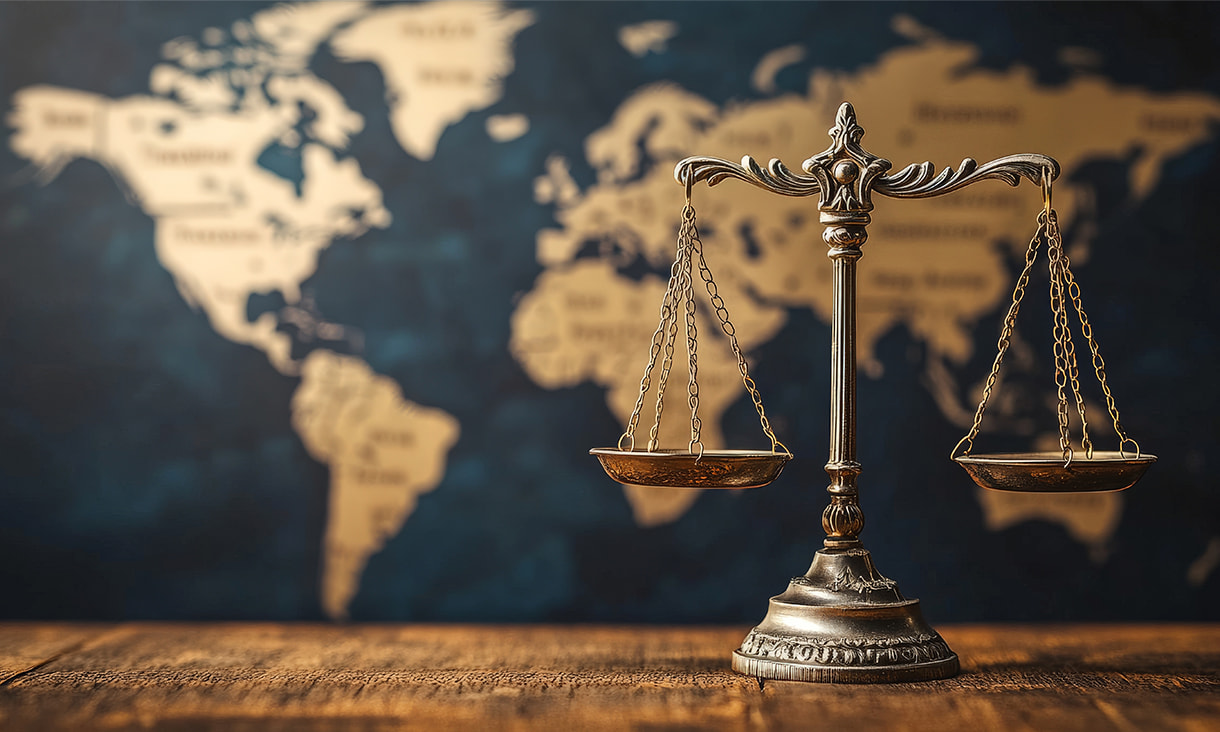Covid-19 related deaths have reached 4.55M globally, and while they have slowed in vaccinated countries, they continue at unacceptable rates in those without access to vaccines.
Particularly disturbing is the fact that some of those countries that lack access to COVID-19 vaccines are those in which clinical trials occurred. There are also concerns that the quality of vaccines distributed to poorer countries is lower than those enjoyed in richer countries.
Much attention has been given to the role and responsibilities of governments, particularly those governments of the Global North to rectify problems of global vaccine equity. Government efforts are largely hampered by vaccine nationalism, an example close to home being the Australian Government securing Pfizer stock from the global vaccine sharing initiative, COVAX. Professor Kim Mulholland, lead researcher from the Murdoch Children's Research Institute comments, "the thought that Australia would be getting vaccine ahead of countries where they really have a serious problem makes me feel very uncomfortable.” At the heart of the problem is the fact that the need to distribute vaccines globally, and national political ambitions, are in tension. In conversation with Dr Anthony Fauci, Professor Heymann stated, “political leaders have political ambitions and the public health leaders and the technical leaders have ambitions on stopping the outbreak, and the two of those have to be reconciled in some way.”
But government is not the only actor with responsibilities. It is now widely accepted that business has responsibility for respecting human rights, along-side governments. In November 2020, UN human rights experts issued a statement calling on all pharmaceutical companies to take steps to “identify and address adverse impacts on the rights to life and health as set out in the United Nations Guidelines on Business and Human Rights Principles.” Principle 12 of the UNGPs sets out the ‘minimum’ sources by which human rights are assessed; ‘[a]n authoritative list of the core internationally recognized human rights is contained in the International Bill of Human Rights (consisting of the Universal Declaration of Human Rights and the main instruments through which it has been codified: the International Covenant on Civil and Political Rights and the International Covenant on Economic, Social and Cultural Rights) coupled with the principles concerning fundamental rights in the eight ILO core conventions (as set out in the Declaration on Fundamental Principles and Rights at Work).
Applying those ‘minimum’ sources to the COVID-19 vaccine context, a pharmaceutical company must uphold those rights laid out in The Universal Declaration of Human Rights to the extent that access to the COVID-19 vaccine will improve the ‘right to life’ (Article 3) and advance an ‘standard of living for adequate health’ (Article 25). Pharmaceutical companies must also have regard to Article 12 of the International Covenant on Economic, Social and Cultural Rights, which relevantly provides for the ‘highest attainable standard of physical and mental health’, ‘prevention, treatment and control of epidemic diseases’ and the ‘creation of conditions that assure medical treatment’.
When it comes to pricing and access of COVID-19 vaccines, the international human rights law instruments should be read alongside the 2008 Human Rights Guidelines for Pharmaceutical Companies in Relation to Access to Medicines issued by the UN Special Rapporteur on the right to health. Moreover, many pharmaceutical companies already have ‘access to medicines’ policies that are intended to demonstrate compliance with the UNGPs (For example, Novartis, https://www.novartis.com/our-company/corporate-responsibility/expanding-access-healthcare accessed 12 July 2020).








